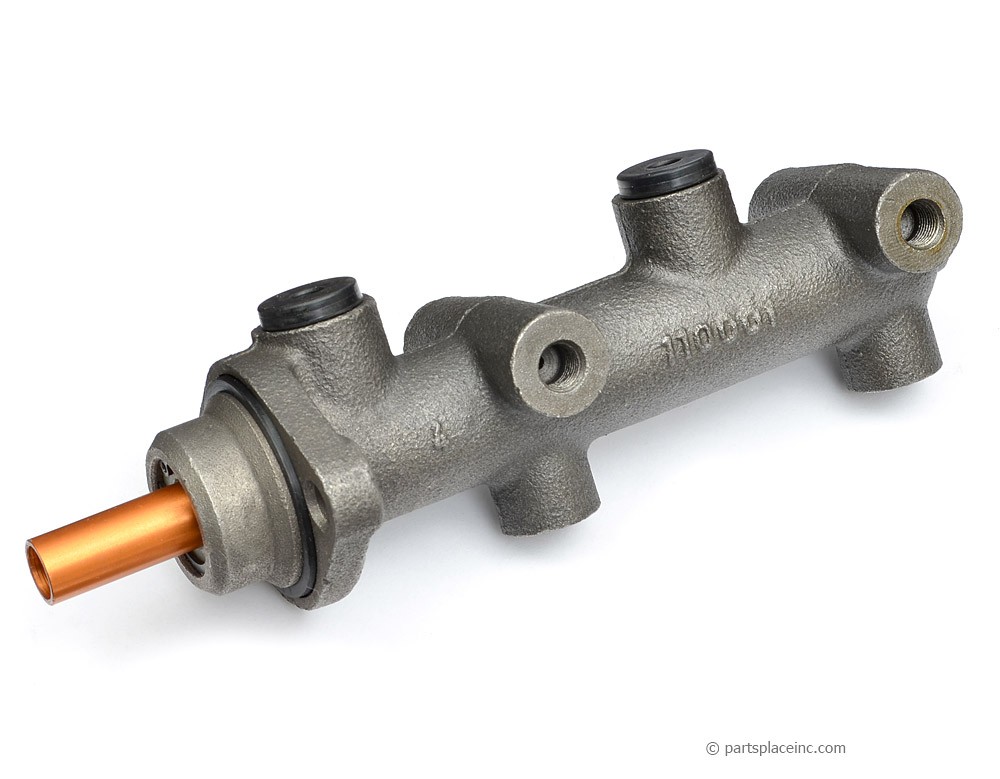Volkswagen Brake Master Cylinder help in effective stopping

The safety of the passenger and the driver is highly important. Innovative technology has been continuously being developed to improve the safety features of a vehicle. Volkswagen knows the need on efficient braking system in a vehicle. Stopping a vehicle can be difficult if the road is slippery. The modern Volkswagen car brakes are broken into two circuits, with two wheels on each circuit. One helpful feature of having two circuits is that if one circuit has a fluid leak, only two of the wheels will lose their brakes. The Volkswagen brake master cylinder actually contributes to this process.
Safe driving with our Volkswagen Brake Master Cylinder
Volkswagen brake master cylinder supplies pressure to both of the circuits on the car. It uses two pistons in the same cylinder that allows the cylinder to remain dependable. The brake master cylinder is mounted to the brake booster. The brake master cylinder is also referred to as the manual hydraulic pressure part of the car’s brake system. A plastic brake fluid reservoir is attached on top of the master cylinder, which is equally important in the braking system.

When the brake pedal is stepped on, the primary pistol is being pushed through a linkage. Pressure then builds in the Volkswagen brake master cylinder and lines as the pedal is depressed further. The pressure that builds up between the primary and secondary piston forces the secondary piston to pack together the fluid into its circuit. If one of the pistons causes a circuit to have a leak, the pressure between the primary and secondary cylinder will be lost. The result of this is the primary cylinder contacting the secondary cylinder.
There are certain warning signs to know if the Volkswagen brake master cylinder is no longer working properly. Some common symptoms are the squishy feeling when stepping on the brake pedal and leaking on the metal brake lines. Getting a professional to check on the brakes can also be helpful from preventing damages to vital brake components.



Post a Comment